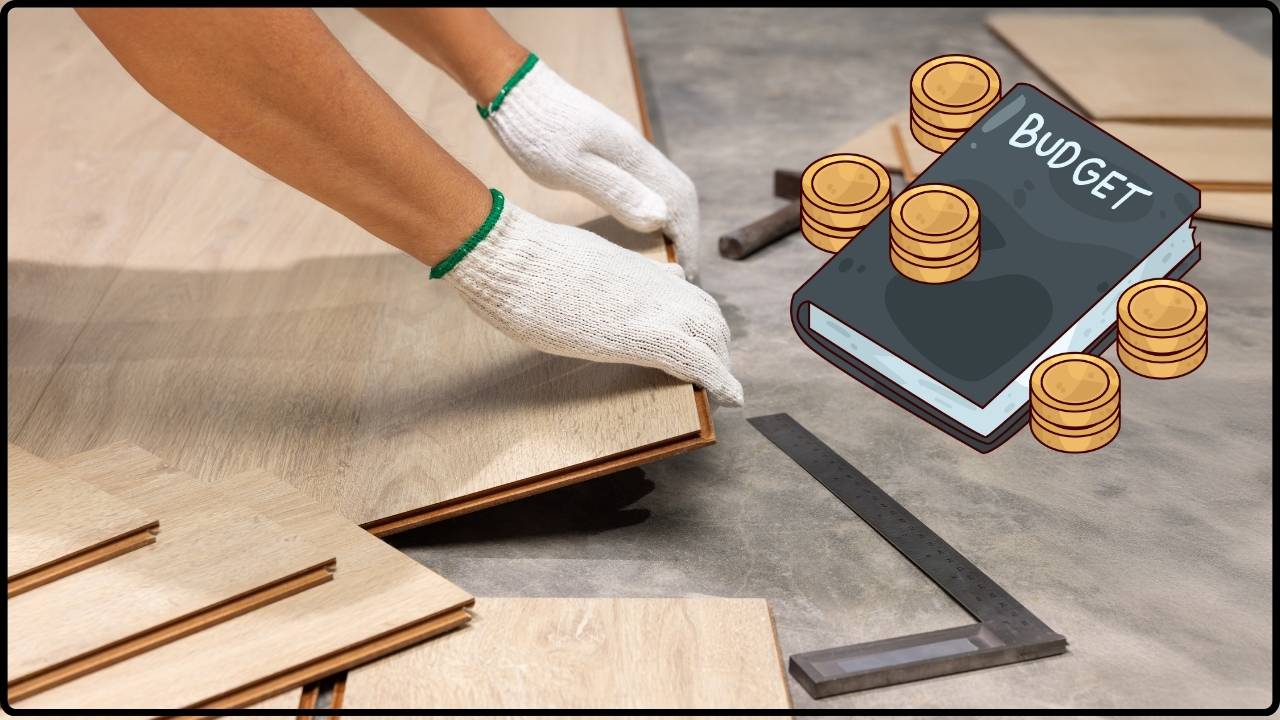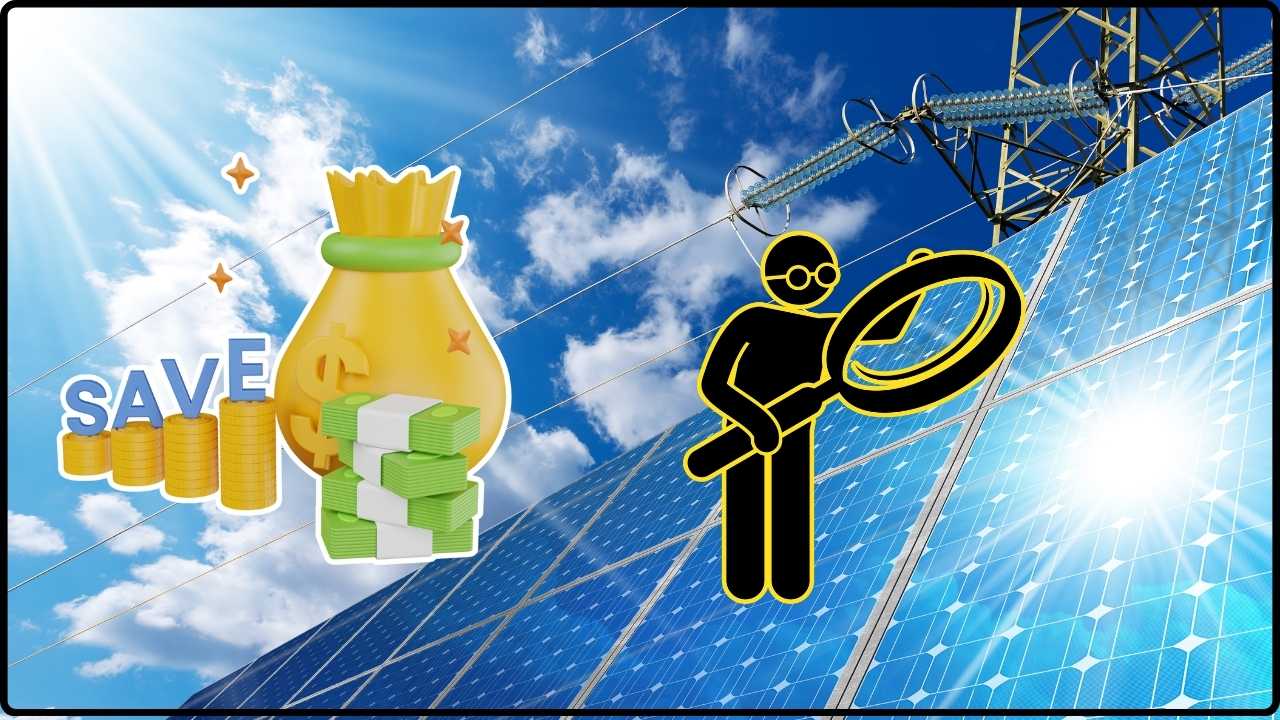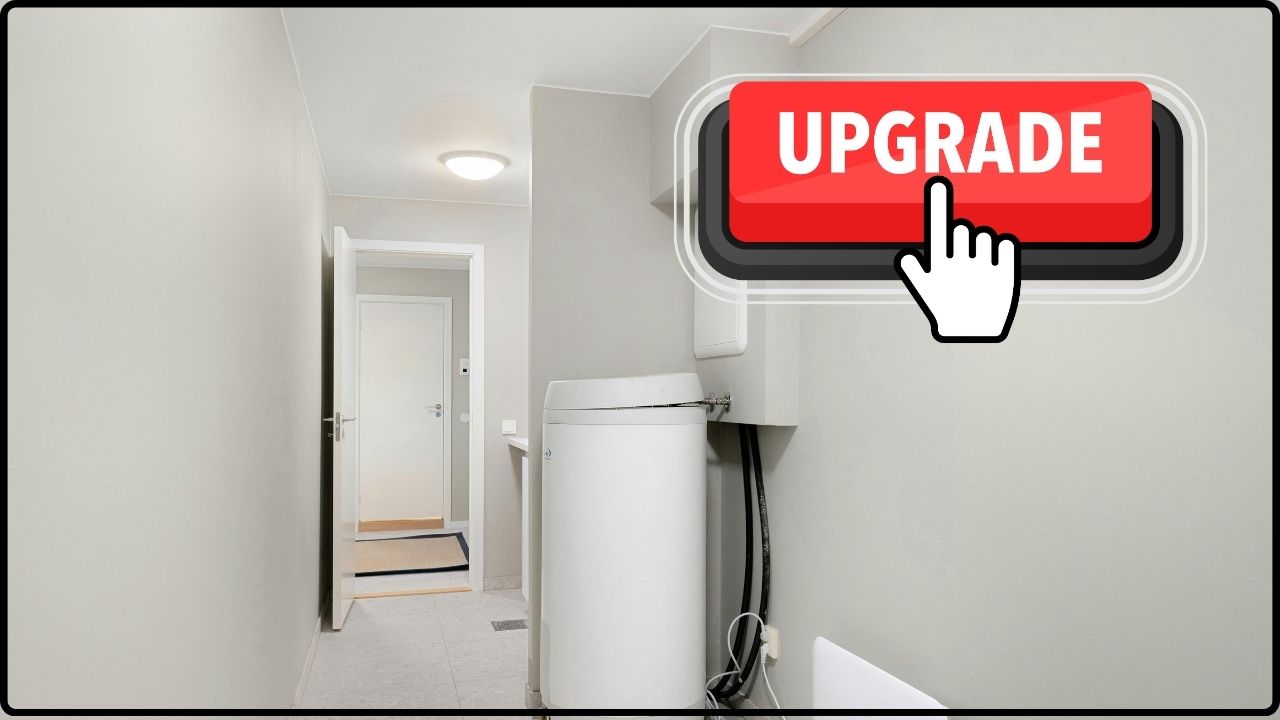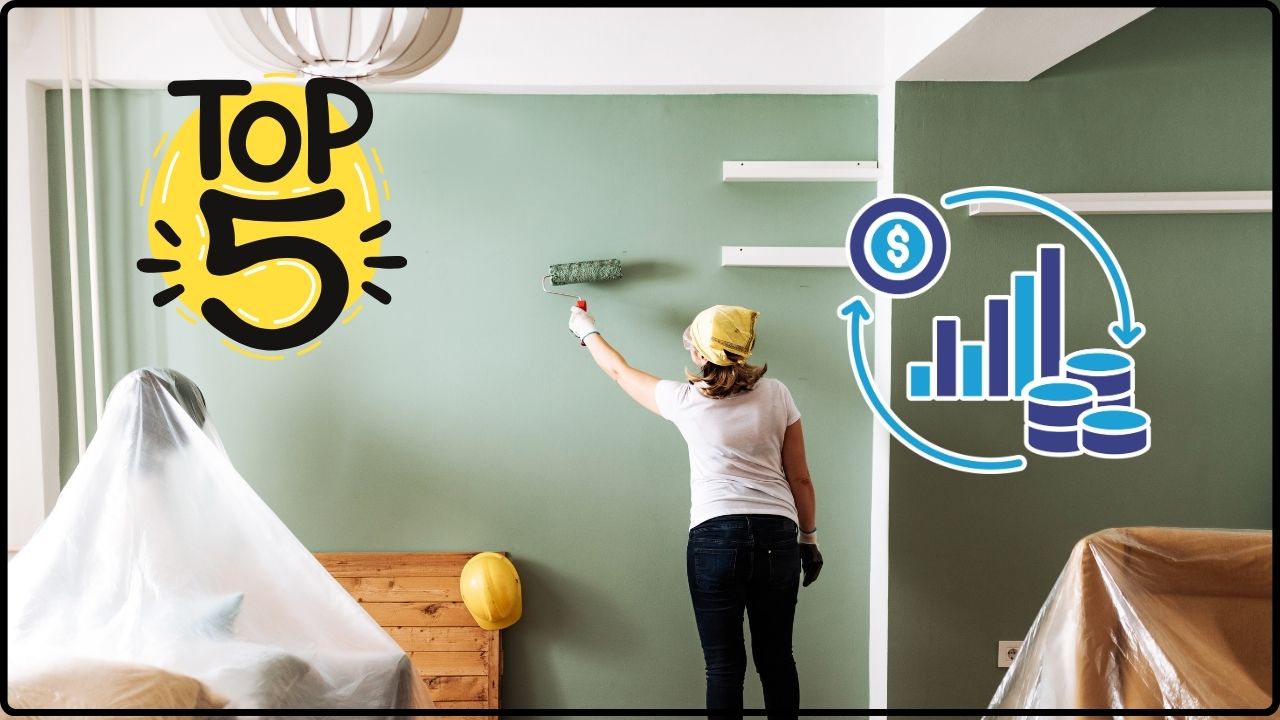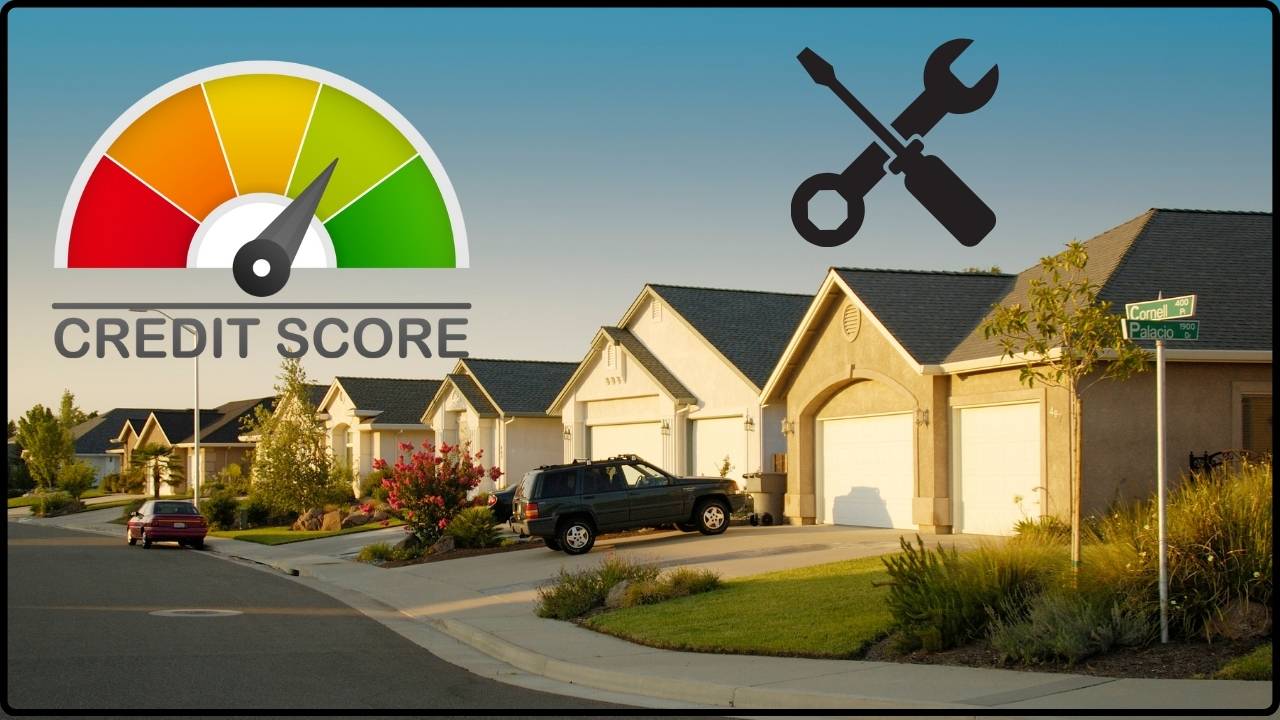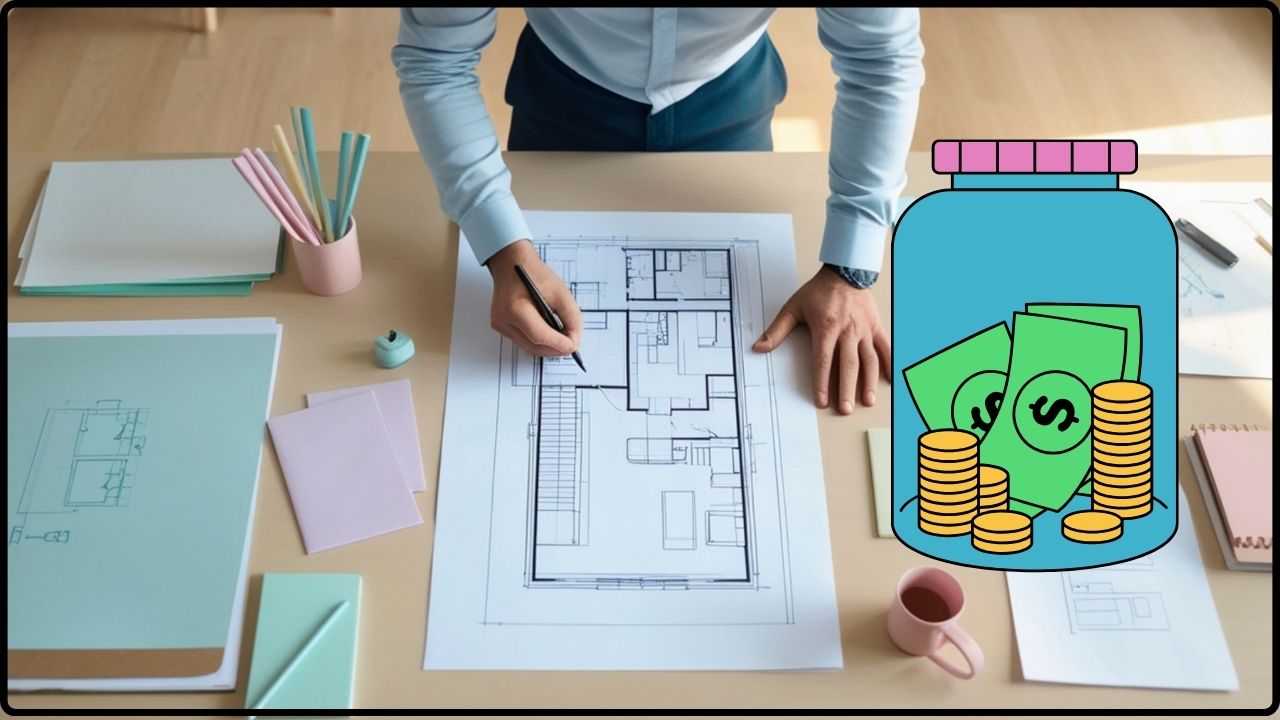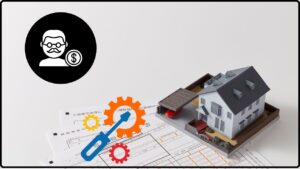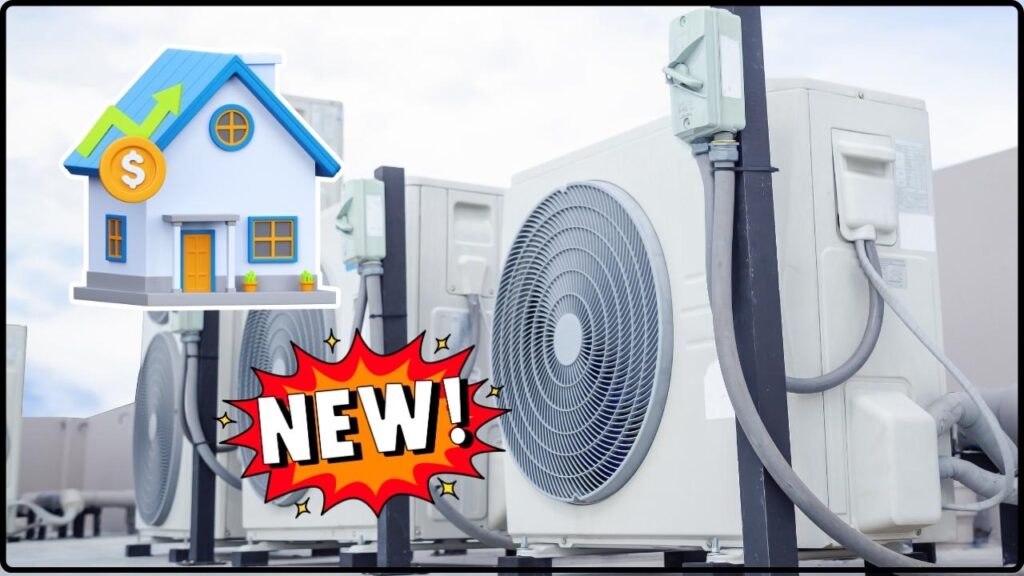
New HVAC System: Thinking about replacing that old HVAC system in your home? You might be wondering, “Will a new HVAC system actually increase my home’s value?” The short answer is yes — but there’s a lot more to consider. Whether you’re a homeowner planning to sell soon or just want to enhance your property’s value and comfort, understanding how HVAC upgrades affect home value is essential. This article breaks it all down in clear, friendly language with insights tailored for both homeowners and professionals in real estate and home improvement.
Table of Contents
New HVAC System
A new HVAC system will increase your home’s value, typically boosting it by 5% to 7%, with added benefits of increased comfort, significant energy savings, and faster resale. Modern, energy-efficient systems attract buyers and help your property stand out in a competitive market. By selecting the right system, hiring skilled professionals, and leveraging available incentives, you make a wise investment that pays off for years.
| Aspect | Detail |
|---|---|
| Value Increase | New HVAC can increase home value by 5%-7% |
| ROI (Return on Investment) | Approximate ROI between 30% to 60% |
| Energy Efficiency Premium | Energy-efficient homes can sell for 2%-8% more |
| Typical HVAC Replacement Cost | $5,000 to $10,000 |
| Utility Bill Savings | Up to $900 saved annually |
| System Lifespan | 15-20 years |
What’s the Big Deal with New HVAC System and Home Value?
Your HVAC (Heating, Ventilation, and Air Conditioning) system is more than just a comfort device. It plays a significant role in how prospective buyers perceive your home’s livability, operating costs, and future maintenance expenses. A new, energy-efficient HVAC system can make your home significantly more attractive, translate into savings on energy bills, and increase the amount buyers are willing to pay.
Why Buyers Care About HVAC Systems?
- Energy Savings: Newer HVAC units consume less power, leading to lower monthly utility bills—a key attraction for budget-conscious buyers. Homes with ENERGY STAR-certified systems can save between 10% to 30% on heating and cooling costs compared to older units.
- Reduced Maintenance: Buyers want move-in-ready homes without looming repair expenses. A new HVAC reduces worries about costly breakdowns during the first years after purchase.
- Comfort and Air Quality: Modern HVACs improve indoor air quality through better filtration and provide consistent temperature regulation, which adds to home comfort and value.
How Much Does a New HVAC System Add to Home Value?
Most real estate experts agree that installing a new HVAC system can add roughly 5% to 7% to your home’s market value. In some cases, this increase can reach up to 10% if your previous system was significantly outdated or failing. For example, on a $350,000 home, this could translate to an added value of $17,500 to $24,500.
Real Examples of Value Added
- Central air conditioning system upgrades typically add between $1,170 to $2,370 in resale value.
- Geothermal and highly efficient heat pump systems can boost value from $1,300 up to $7,300.
- Ductless mini-split systems, popular in retrofits or homes without ductwork, add between $600 to $4,350 in value.
Since HVAC systems are among the most expensive home components, a newer, efficient system reduces buyer anxiety about unexpected repair or replacement costs.
Breaking Down HVAC ROI (Return on Investment)
ROI measures how much of your HVAC upgrade cost you recoup when selling your home, plus energy savings:
- Energy Savings: You could save about 25% on heating and cooling energy bills, summing to roughly $900 annually in many parts of the U.S.
- Payback Period: Depending on upfront cost and savings, your investment may pay off in approximately 5 to 9 years either through energy savings or higher resale value.
- System Lifespan: Modern HVAC units typically last 15 to 20 years with proper maintenance, ensuring long-term home comfort and value retention.
While you often won’t recoup the full purchase price when selling, the value added plus energy savings make HVAC upgrades a smart financial move, especially in competitive markets.
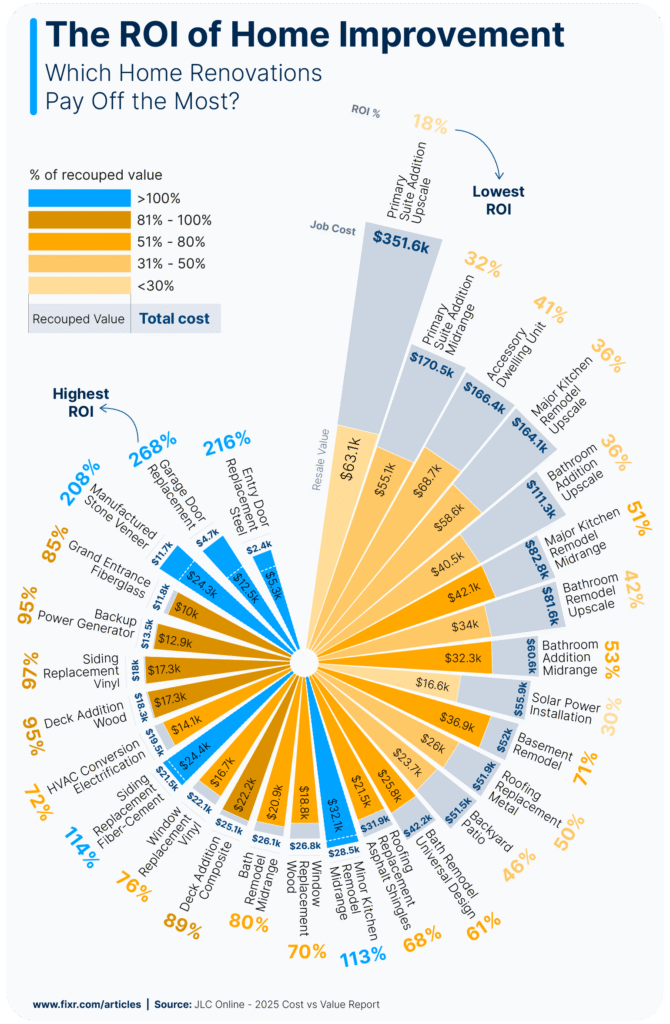
What Factors Affect the Value Boost?
Type of HVAC System
- Split Systems: Most common; use ductwork to heat and cool the home.
- Heat Pumps: Provide both heating and cooling efficiently, especially in moderate climates.
- Ductless Mini-Splits: Offer room-by-room temperature control; ideal for homes without existing ductwork.
- Packaged Units: Compact components, usually rooftop-installed for larger buildings or specialty applications.
- Fan Coil Units: Small, room-specific heaters or coolers, less common in residential use.=
Energy-efficient, ENERGY STAR-certified systems generally yield the highest value due to lower operating costs and environmental appeal.
Condition of Your Existing System
Homes with aging, inefficient, or frequently breaking HVAC systems benefit most from upgrades. Buyers value the peace of mind in not facing an expensive replacement shortly after purchase.
Local Climate and Market Demand
- In hot and humid regions, a robust AC system is especially prized.
- In colder climates, high-efficiency furnaces or heat pumps improve winter comfort and energy bills.
- Green and energy-efficient homes attract premium buyers in many modern housing markets.servicetitan+1
Energy Efficiency: The Hidden Value Booster
Heating and cooling count for almost 48% of home energy consumption. A new, efficient HVAC system dramatically drops energy use, saving you money and reducing carbon footprint simultaneously.
Homes with certified energy-efficient features can sell for up to 5%-10% more than comparable homes without, reflecting buyers’ increasing willingness to pay for sustainability and ongoing savings.
Latest Trends in HVAC Technology (2025 Update)
Smart home technology is reshaping how we control heating and cooling:
- Smart Thermostats: Save an average 8% on energy costs by optimizing HVAC run times based on your schedule.
- Eco-Friendly Refrigerants: New refrigerants reduce environmental impact and comply with stricter EPA regulations.
- Zoned HVAC Systems: Allow different rooms to maintain individualized temperatures, increasing comfort and reducing wasted energy.
- Remote Monitoring: Apps let you control your HVAC from anywhere, improving convenience and energy efficiency.
These trends not only appeal to modern buyers but also align with tighter environmental regulations and incentives.
Common Mistakes Homeowners Make When Upgrading HVAC
- Oversizing Systems: Bigger systems cycle on and off frequently, raising energy bills and wear and tear.
- Poor Installation: Unprofessional work can reduce efficiency and void warranties.
- Ignoring Maintenance: Skipping annual tune-ups cuts system lifespan and increases energy use.
Avoid these pitfalls by consulting certified professionals and adhering to manufacturer recommendations.
How to Choose the Right HVAC Contractor
- Verify licensing, insurance, and certifications.
- Seek contractors who understand energy-efficient systems and can advise on available rebates.
- Get multiple quotes and ensure detailed, transparent contracts including warranties for parts and labor.
Choosing the right installer is critical to ensuring your HVAC upgrade adds optimum value and performs reliably for years.
Environmental Impact and Sustainability
Replacing an old HVAC with an efficient model reduces your home’s carbon footprint by lowering electricity demand and greenhouse gas emissions. This meeting of environmental responsibility with home comfort is a growing priority for buyers and communities nationwide.
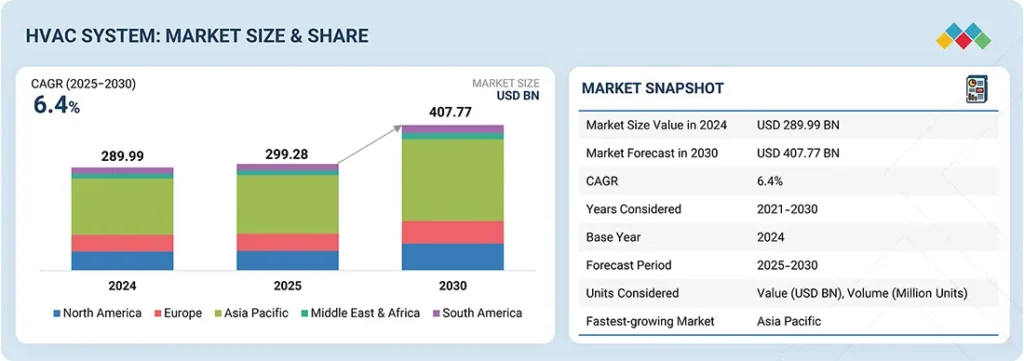
Financing Options and Incentives for HVAC Replacement
Upfront costs deter some homeowners, but:
- Many dealers offer zero or low-interest financing options.
- State and federal tax credits reward ENERGY STAR system installations.
- Local utility companies often provide rebates or cashback for high-efficiency units.
Step-by-Step Guide to New HVAC System for Value
- Assess Your System: Determine age, condition, and energy consumption.
- Research and Choose Efficient Systems: Look for ENERGY STAR certification and smart controls.
- Get Multiple Quotes: Compare pricing, warranties, and contractor reputation.
- Calculate ROI: Weigh upfront cost against expected savings and home value increase.
- Schedule Installation: Plan to minimize disruption; look for seasonal promotions.
- Maintain Detailed Records: Keep warranties and energy savings data for resale benefit.
Understanding “Green Loans”: Financing for Energy-Efficient Home Upgrades
The “Oh No!” Fund: How Much to *Really* Save for Emergency Home Repairs
A Homeowner’s Guide to HVAC Financing: The Pros and Cons of Your Options

